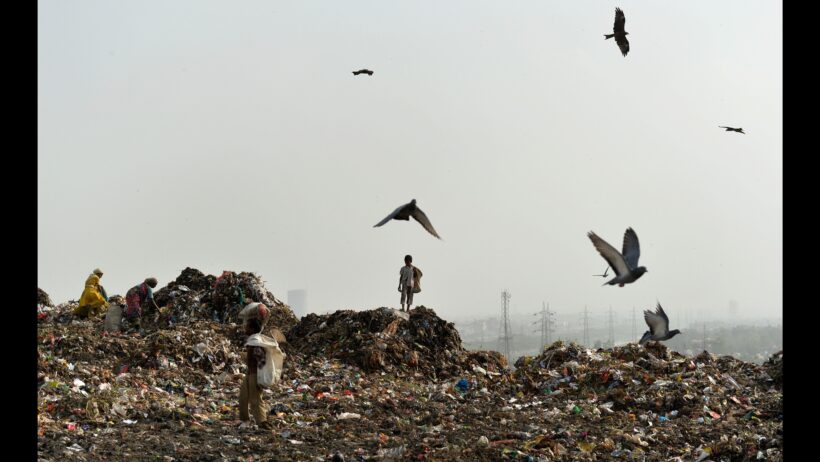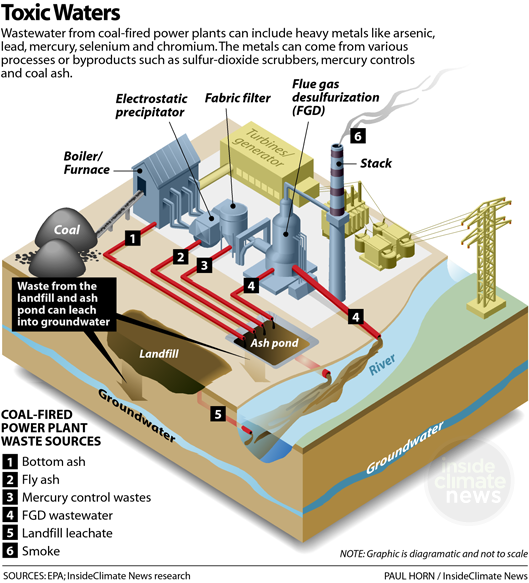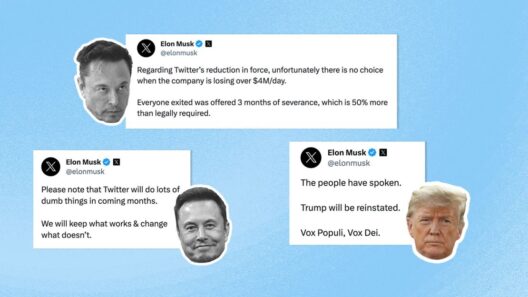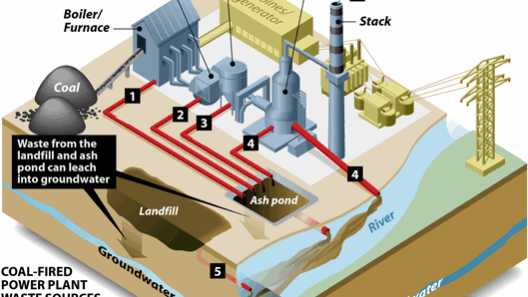The discourse surrounding climate change has intensified over the past few decades, often casting a spotlight on the major contributors to greenhouse gas emissions. It is a complex issue wherein politics, economics, and social behaviors intersect. This article delves into the primary polluters contributing to climate change, alongside an exploration of their motivations, actions, and the potential implications for the future.
To commence, it is vital to identify the heavyweights in the arena of emissions. The fossil fuel industry stands as a colossus, responsible for a staggering proportion of global greenhouse gas emissions. This sector includes major oil and gas corporations, which are intricately involved in the extraction, refinement, and distribution of fossil fuels. Carbon dioxide emitted from burning coal, oil, and natural gas is the single largest contributor to climate change, making this industry a formidable adversary in the fight against global warming.
Coal-fired power plants, a significant source of energy in several nations, contribute immensely to the atmospheric burden of carbon. Countries like China and the United States have historically derived substantial portions of their energy from coal. This reliance not only underpins local economies but also exacerbates global warming. Environmental advocates argue that a transition away from coal to renewable energy sources is not only desirable but essential. Nevertheless, the economic ramifications of such shifts often deter meaningful progress.
Beyond fossil fuels, agriculture represents another significant facet of emissions contributing to climate change. Agricultural practices—ranging from industrial farming to livestock management—release considerable quantities of methane and nitrous oxide, two potent greenhouse gases. Methane, for instance, is produced through enteric fermentation and manure management in ruminants. This creates a paradox; as societies strive to feed growing populations, the agricultural sector’s carbon footprint expands. It’s crucial to scrutinize these practices, especially considering the increasing demand for food in an ever-growing world.
Transportation is yet another major contributor to climate change, particularly in industrialized nations. The combustion of gasoline and diesel fuels in vehicles leads to substantial carbon emissions. This sector encompasses not just personal automobiles but also freight transport, aviation, and maritime shipping, all of which collectively contribute billions of tons of carbon dioxide to the atmosphere. The exploration of more sustainable transport options—such as electric vehicles, enhanced public transport systems, and the promotion of cycling—holds promise for reducing these emissions significantly.
A closer inspection reveals that the burden of climate change is not borne equally across the globe. Developing countries often contribute less to historical emissions yet are disproportionately impacted by its consequences. Wealthier nations have historically been the primary offenders in this ongoing environmental crisis. It raises questions of equity and justice: should those who have contributed the least to climate change bear the brunt of its consequences? Additionally, developing economies still aspire to achieve industrialization, often leading them to repeat the mistakes of their predecessors.
In the pursuit of understanding the motives behind these emissions, it becomes apparent that various factors drive the operations of these top polluters. Economic incentives often play a pivotal role. For numerous companies, the short-term profitability associated with fossil fuels undermines long-term sustainability goals. Investments in renewable energies lag behind, as firms often perceive these innovations as financially risky ventures, particularly without substantial governmental support or tax incentives.
Corporate lobbying further complicates the landscape. Profitable industries exert considerable influence over political policies, often stifling progress on climate legislation. This results in a cycle where interests diverge from environmental necessities—a profound challenge for advocates of eco-conscious reform.
Contrarily, there emerges a glimmer of hope through the lens of innovation and commitment. Many corporations are beginning to adopt sustainable practices and investing in clean energy alternatives. The rise of corporate social responsibility (CSR) initiatives reveals a slow but discernible shift in corporate attitudes toward sustainability. Companies are recognizing that a commitment to the environment not only enhances their public image but can also yield economic advantages in the long term.
Enter the debate on carbon pricing, an economic strategy designed to incentivize the reduction of greenhouse gas emissions. By assigning a cost to carbon emissions, businesses are nudged toward greener alternatives. Such measures can motivate industries—especially those heavy in carbon—to innovate and invest in cleaner technologies. This also places a moral obligation on consumers to be conscientious about their choices, emphasizing the interconnectedness of individual actions and their cumulative impact on climate health.
In summary, the contributors to climate change are multifaceted, spanning various sectors and geographic regions. The fossil fuel industry, agriculture, and transportation collectively account for a significant portion of emissions that are wreaking havoc on the planet. Understanding these dynamics is crucial for framing effective policies aimed at mitigation and adaptation. As novel practices emerge and consumers become more aware of their ecological footprint, a transformative shift toward sustainability may be on the horizon. The road ahead is fraught with challenges—yet the potential for collective action ignites curiosity and hope for a viable future, one where we can indeed reclaim the planet from the throes of climate change.








